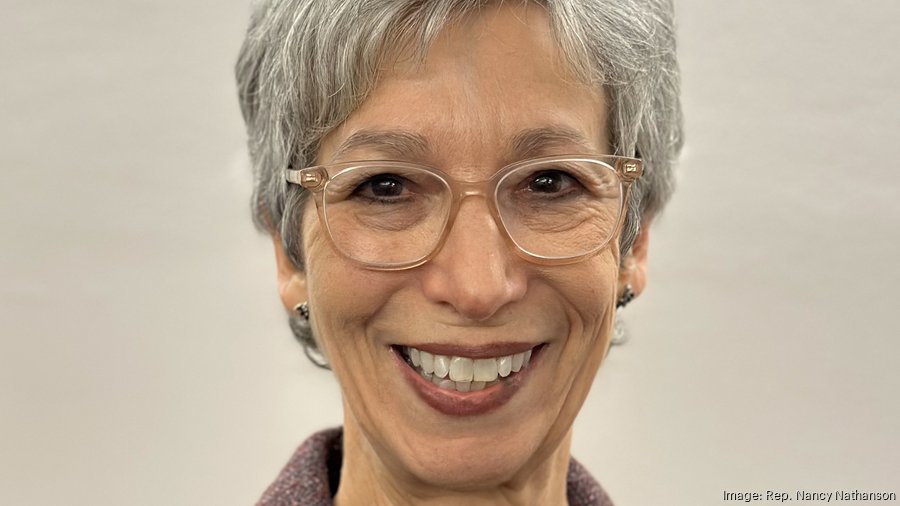Listen to this article 3 min
Elected officials in Lane County have sent an urgent appeal to the parent company of Optum Inc. in the wake of an apparent exodus of providers from Oregon Medical Group in Eugene.
Optum acquired the clinic three years ago, and since then, at least 32 physicians have left the practice, according to the Pacific Northwest Hospital Medicine Association.
The bipartisan group of eight lawmakers wrote last week to Sheela Tallman, vice president of external affairs for UnitedHealth Group (NYSE: UNH), asking that the company “not enforce noncompete, no solicitation and other restrictive contract language that could impact access to health care” for their constituents.
Noncompete clauses for medical professionals have become routine as private equity and corporate ownership of medical practices in Oregon and elsewhere increases. Optum is the largest employer of physicians in the U.S., with 70,000 employed or affiliated doctors. UnitedHealth operates the largest U.S. health plan and made nearly $372 billion in 2023.
In addition, to the Eugene clinic, Optum also owns Greenfield Health in Portland and recently won approval from the Oregon Health Authority to acquire The Corvallis Clinic.
Why lawmakers are raising alarm about Oregon Medical Group
The lawmakers — led by Rep. Nancy Nathanson, a Democrat from Eugene — said that they’ve heard from many constituents that Optum and Oregon Medical Group have “abandoned them” and they have “nowhere to turn for their own health care visits and refills for lifesaving medication.”
“We’re hearing that many of our constituents found out — often without any notice — that they no longer have a relationship with an OMG physician,” the lawmakers said. “Some of these patients are currently ill and have nowhere to turn.”
The Oregon lawmakers said Optum and the clinic are “making the situation worse” by enforcing noncompetes that limit the availability of doctors in Lane County. The clauses generally prevent doctors from setting up shop or working for competitors in the same area as their former clinic.
The letter arrived just days before the Federal Trade Commission voted 3-2 to ban noncompete agreements, a move it estimates will save $194 billion in health care costs over the next decade. About 18% of the U.S. workforce is covered by noncompete agreements and up to 45% of physicians are bound by these clauses, according to the FTC. The rule applies to existing noncompetes, except for senior executives.
"The FTC's final rule to ban noncompetes will ensure Americans have the freedom to pursue a new job, start a new business or bring a new idea to market," FTC Chair Lina Khan said in a news release.
Companies use noncompetes to protect trade secrets and avoid training employees who jump to a competitor. The rule is already being challenged in court. The U.S. Chamber of Commerce on Wednesday sued the FTC, arguing that the agency overstepped its authority.
How Optum responded
In addition to noncompete agreements, Optum and other corporate and private equity owners have come under fire for imposing new rules around patient loads and appointment times, raising concerns about the loss of physician independence and greater emphasis on profits over patient care. Rep. Ben Bowman introduced a bill to place more guardrails around the corporate ownership of medical practices, but it died at the end of the 2024 session.
Optum did not immediately respond to a request for comment, but it issued a statement in March saying that it receives high ratings from Medicare on “quality and patient experience measures.”
Other signers of the letter are U.S. Rep. Val Hoyle; state Reps. Paul Holvey, Julie Fahey and John Lively, who are Democrats; Rep. Charlie Conrad, who is a Republican; and state Sens. James Manning and Floyd Prozanski, who are Democrats.
